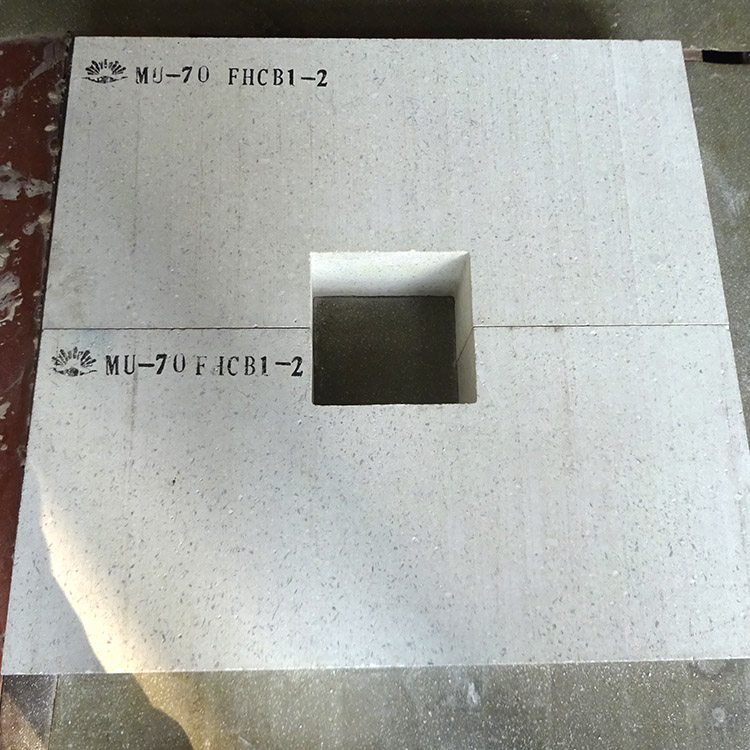.jpg?x-oss-process=image/resize,h_1000,m_lfit/format,webp)
In the high-temperature kiln industry, numerous challenges have long troubled manufacturers. Frequent breakdowns and unstable production are common issues. For instance, traditional refractory materials often lead to an increase in kiln downtime, with an average of about 15 - 20 days of maintenance per year in some large - scale high - temperature kilns. This not only reduces production efficiency but also significantly increases production costs. Against this backdrop, magnesia bricks emerge as a promising solution.
.jpg)
Magnesia bricks possess a series of excellent properties. Firstly, in terms of mechanical strength, they can withstand high pressure. Laboratory tests show that magnesia bricks can bear a pressure of up to 50 - 60 MPa, which is much higher than many traditional refractory materials. This high mechanical strength enables them to maintain their structural integrity in high - temperature and high - pressure environments, reducing the risk of cracking and damage.
Secondly, magnesia bricks have remarkable resistance to alkaline slag erosion. In high - temperature kilns, alkaline slag is a common corrosive substance. Magnesia bricks form a stable protective layer on the surface when in contact with alkaline slag, effectively preventing the penetration and corrosion of the slag. Studies have found that after long - term exposure to alkaline slag, the corrosion rate of magnesia bricks is only about 1 - 2% per year, while that of ordinary refractory materials can reach 5 - 10%.
Magnesia bricks have been widely used in high - temperature kilns such as the regenerators of glass kilns. Take a glass manufacturing plant as an example. Before using magnesia bricks, the glass kiln had frequent failures, with an average of 3 - 4 breakdowns per month. The production yield was only about 80%. After replacing with magnesia bricks, the number of breakdowns decreased to 1 - 2 times per month, and the production yield increased to over 90%. The production efficiency was significantly improved, and the production cost was reduced.

Many customers have given positive feedback on magnesia bricks. A manager from a ceramic manufacturing company said, "Since we started using magnesia bricks in our high - temperature kilns, the production stability has been greatly improved. We have reduced a lot of maintenance costs and improved the quality of our products." Another customer from a steel plant also mentioned, "The anti - erosion performance of magnesia bricks is really outstanding. It has effectively extended the service life of our kilns."
If you are in the consideration stage of choosing refractory materials for your high - temperature kilns, magnesia bricks are definitely your ideal choice. By selecting magnesia bricks, you can significantly reduce kiln failures, improve production stability, and enhance product quality. Moreover, it can help you save a lot of production costs in the long run.
Don't miss this opportunity to upgrade your high - temperature kilns. For more information about magnesia bricks and to get professional advice, please contact our customer service team at [Contact Email] or call [Contact Phone]. Make the smart choice and take your high - temperature kiln production to a new level.


